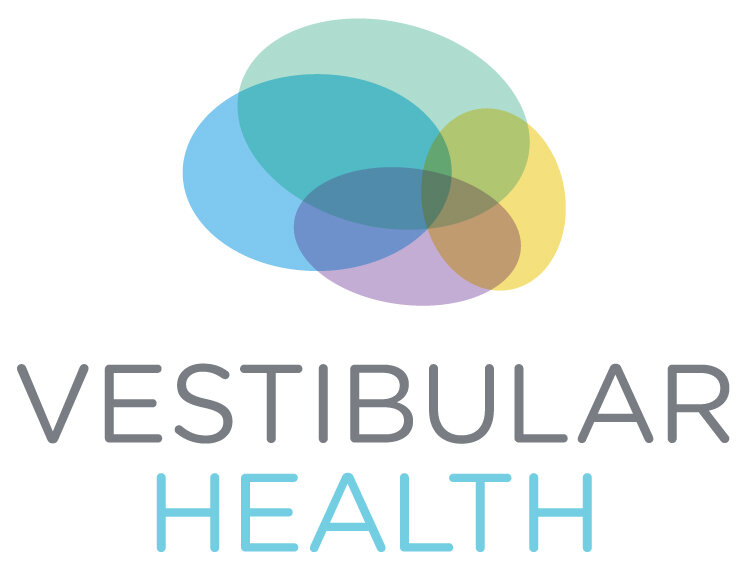Falls and the vestibular system
Falls are a growing concern in Canada and a leading cause of injury in adults over the age of 65. Current estimates place associated health care costs at $2 billion annually. There are many risk factors for falls including reduced muscle strength, poor reaction times, balance issues, visual issues, neuropathies in the feet and legs, limitations in mobility and use of multiple medications.
Most of us know that our ears are responsible for hearing, but many of us are unaware that our ears have a huge role to play in balance. The balance organs, also known as the vestibular system, are located in the inner ear. The inner ear detects the movement and position of the head and detects gravity and acceleration - it then acts on our body in 2 ways: (1) on our postural muscles to keep us upright and balanced and (2) on our eye muscles to allow us to see the world clearly when we are moving. The vestibular system is essential for normal movement and balance! People that have reduced inner ear function are at much higher risk for falls than people with normal functioning ears.
Having worked in the health-care system as a physiotherapist in Ontario for almost 20 years I have seen many patients who have experienced falls. In a standard falls workup by the doctors or falls prevention programs, the vestibular system is often overlooked. When we miss vestibular diagnoses then we cannot consider vestibular focussed treatments, which have been shown in the research to improve balance and decrease risk for falls.
There was a study out of the UK in 2014 by Dr Marissa Pavlou’s group that was interested in looking at seniors experiencing falls. They assessed 25 seniors with a history of falls and they found 80% of them had problems with their vestibular system. They then looked at a group of seniors that were not falling and found only about 19% had vestibular problems. This study suggested that vestibular problems were far more common in seniors experiencing falls than we thought!
With the help of some colleagues and a fantastic research student, I decided to go to falls prevention programs around Toronto, meet with the attendees and offer them a free vestibular evaluation. Many were interested. We managed to assess 41 seniors that were experiencing falls and did a comprehensive evaluation! We were stunned to find similar results as our UK researchers did. 83% of our seniors had vestibular problems that they were unaware of. Some had complained of dizziness while others never had. We are excited that our study has just been published in the Canadian Journal for Neurological Sciences this past July 2020. You can click here to see the article.
Not all patients with vestibular problems feel dizzy! Dizziness is only experienced if there is asymmetry in vestibular function - for example if the right vestibular organs are not working as well as the left, then you will be “dizzy” and imbalanced. If both sides are equally not working well, then you will never complain of dizziness, rather you will just note your balance is affected. If you haven’t complained of dizziness, your doctor may not be inclined to send you get a vestibular workup as most people associate vestibular problems with dizziness.
When patients present in our clinic with a history of falls, our goal is to do a full vestibular evaluation and determine if there is a problem that is contributing to the falls. If there is, we can offer very specific customized exercises that can address the issue - these can include balance exercises, walking exercises, head and eye exercises - all exercises are designed in a way to isolate the vestibular pathways to help the brain to adapt to the vestibular problem and prevent future falls.

